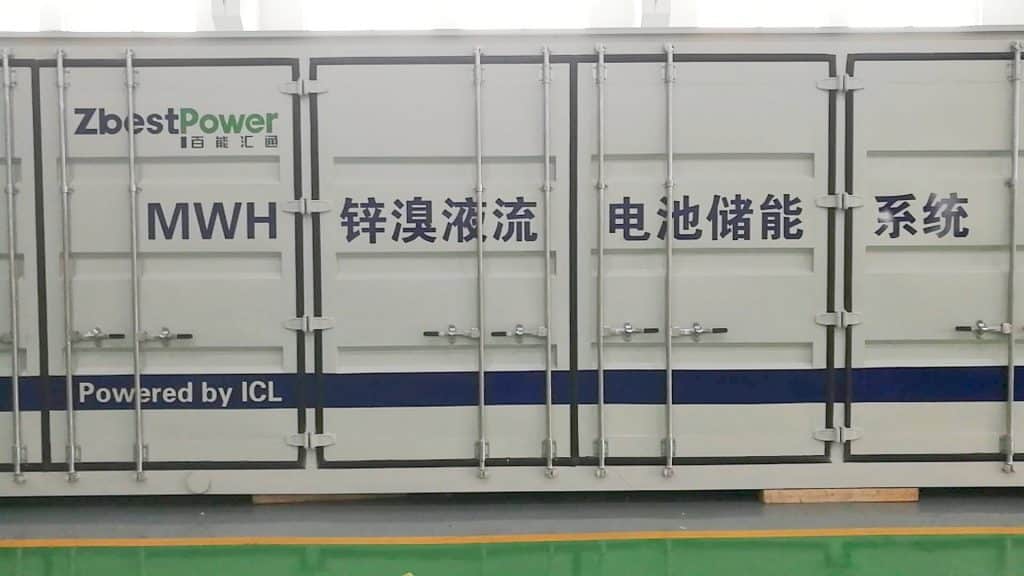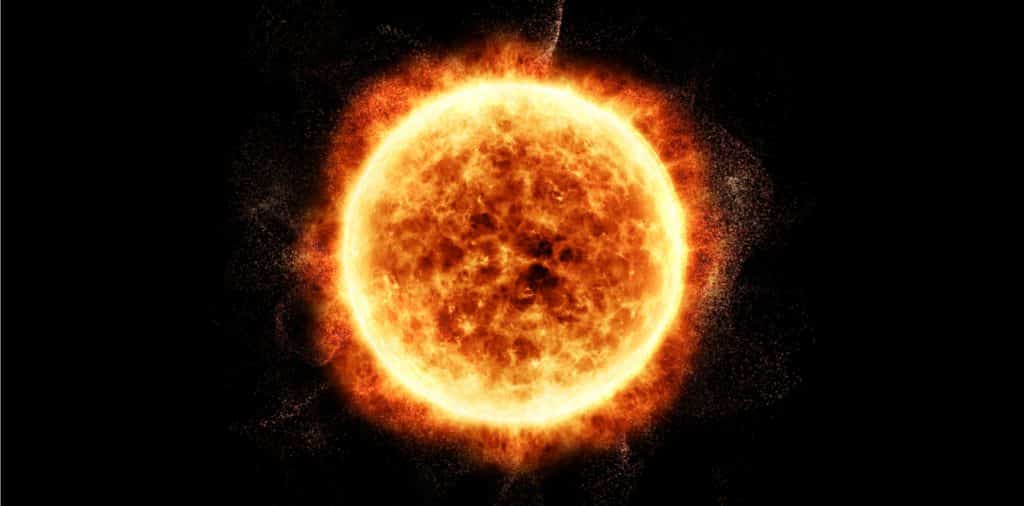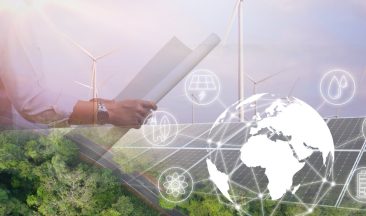Greenhouse Gases Released From The Burning of Fossil Fuels Have Reached Historically High Levels
Currently, much of the world’s energy comes from fossil materials. These non-renewable fuels, which include coal, oil, and natural gas, supply about 80 percent of the world’s energy.
Mankind has relied on fossil fuels like coal, oil, and natural gas for millennia.
These fossil fuels are embedded in nearly everything we do, and as a result, the greenhouse gases released from the burning of those fuels have reached historically high levels. Fossil fuel combustion and energy production is a major driver of climate change.
Now, more than ever before, it is of vital importance to switch to more sustainable, green energy sources.
The Next Energy Revolution – Renewable Resources
Although we must have sufficient energy sources to meet our needs—to heat our houses, power our cities, and run our cars there is always the question of sustainability.
Renewable resources produce clean energy, no pollution, and reduced greenhouse gas emissions which contribute to climate change.
Renewable resources include hydropower, geothermal power, wind energy, and solar energy. A major drawback of these next-generation energy sources is the coordination of their usage with their production.
“The sun doesn’t always shine and the wind doesn’t always blow”
“The sun doesn’t always shine and the wind doesn’t always blow” sounds like the lyrics of a song but it is one of the major drawbacks of solar and wind-generated power because the demand for energy remains constant day and night or when there is no wind.
While the production of electricity from gas or coal-powered power plants can be planned according to demand energy from renewables is somewhat unpredictable.
The Challenge of Coordinating Energy Production with Consumption
Traditionally, electricity had to be consumed immediately. The growing use of renewable energy over the past decade has compounded the need to find efficient and economical energy storage solutions.
The intermittent nature of solar and wind-generated energy can play havoc with electricity consumption for commercial enterprises, power-sensitive facilities, such as hospitals, and households.
Energy Storage Solutions are a Vital Element in the Growth of the Renewable Energy Sector
Energy storage systems enable power generation facilities to store electricity produced and continue to supply it according to demand.
How can we benefit from the sun’s energy at night?
Special bromine-based electrolytes for flow batteries developed by ICL allow the storage of solar energy economically and safely during the daytime, and consumption when needed.
You may also be interested in:
The Future of Batteries In Renewable Energy Storage
ICL’s Energy Storage Solutions – Promoting Sustainability
Sustainable Solutions for Energy Storage: Batteries, the Path for a Renewable-Powered World
Bromine Flow Batteries: ICL’s Intensive R&D in Energy Storage Systems
Over the past several years intensive R&D efforts in the industrial energy storage solutions sector have resulted in the development of batteries that store large amounts of energy. One promising storage solution is that of bromine flow batteries, and this is where ICL enters the story.
These flow batteries are based on bromine compounds that are produced by ICL. They have been proven to store energy for longer periods and more safely than common lithium-ion batteries.
Recent studies predict that bromine-based flow batteries will become a significant factor in the world’s energy storage market over the coming decade. ICL’s Industrial Products division has developed unique bromine-based blends ideally suited to manufacture flow batteries.
ICL uses advanced materials in an innovative way including bromine, phosphates, and high purity phosphoric acid in the energy storage industry to create more sustainable solutions for energy storage.

Safer, Scalable Efficient Energy Storage
Flow batteries based on bromine compounds produced by ICL have been proven to store energy for longer periods and more safely than common lithium-ion batteries. One of the main advantages of bromine flow batteries is that energy is stored as a liquid in separate tanks, unlike Li-ion batteries that store energy in the electrodes. This makes systems easily scalable should increased storage be required. The decoupling of energy and power enables high application versatility and flexible system design according to consumer needs.
ICL’S Unique Chemical Blends for Bromine Based Energy Storage
As a leading bromine manufacturer, ICL’s Industrial Products division has developed unique bromine-based chemical blends ideally suited to manufacture flow batteries.
Ilan Behar, ICL business development manager explains: “While lithium-based batteries are currently more popular, lithium is an expensive mineral and available in only limited amounts. Bromine-based batteries are durable and stable over time, and the capacity of these batteries does not degrade. They can be a cost-competitive and attractive alternative for energy users.”
Flow batteries will play a key role in the world’s energy market over the coming decade. These batteries are also ideal for the electrical grid as their independent scaling of power and energy offers a pathway to large energy storage capacities with a decreasing cost per kWh. ICL is playing a prominent role in its implementation.
Innovation Ecosystem
ICL’s innovation ecosystem is fully resourced with our knowledge, experience, global presence, and dedication to transform new ideas and technologies into tomorrow’s solutions.
ICL is leveraging its position as a leading global specialty minerals company to create impactful solutions for humanity’s sustainability challenges in the global energy, food, agriculture, and industrial markets.
Renewable energy and efficient clean energy storage solutions are our future. ICL’s efforts are driven by a sense of world trends and a relentless quest for solutions to humanity’s sustainability challenges.







